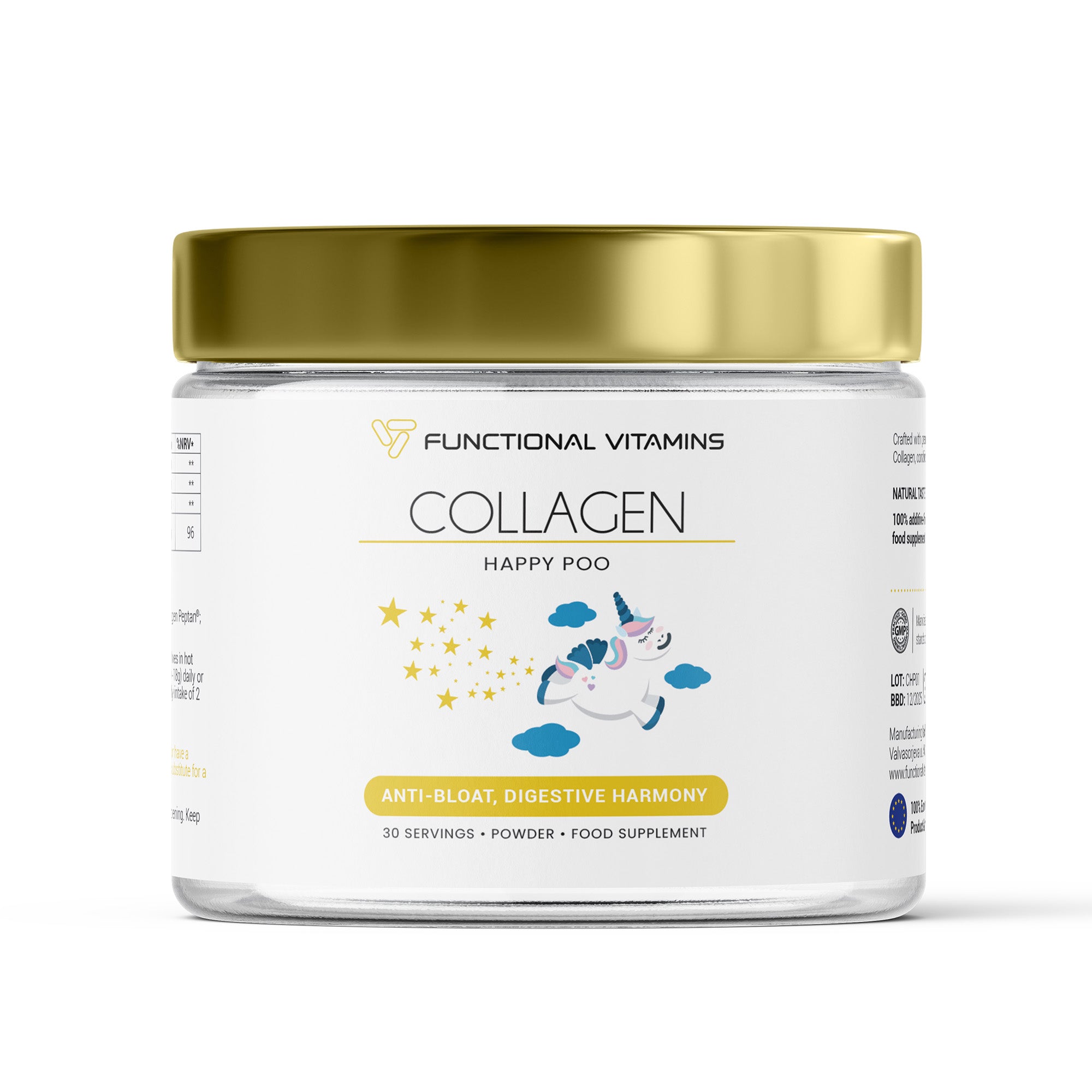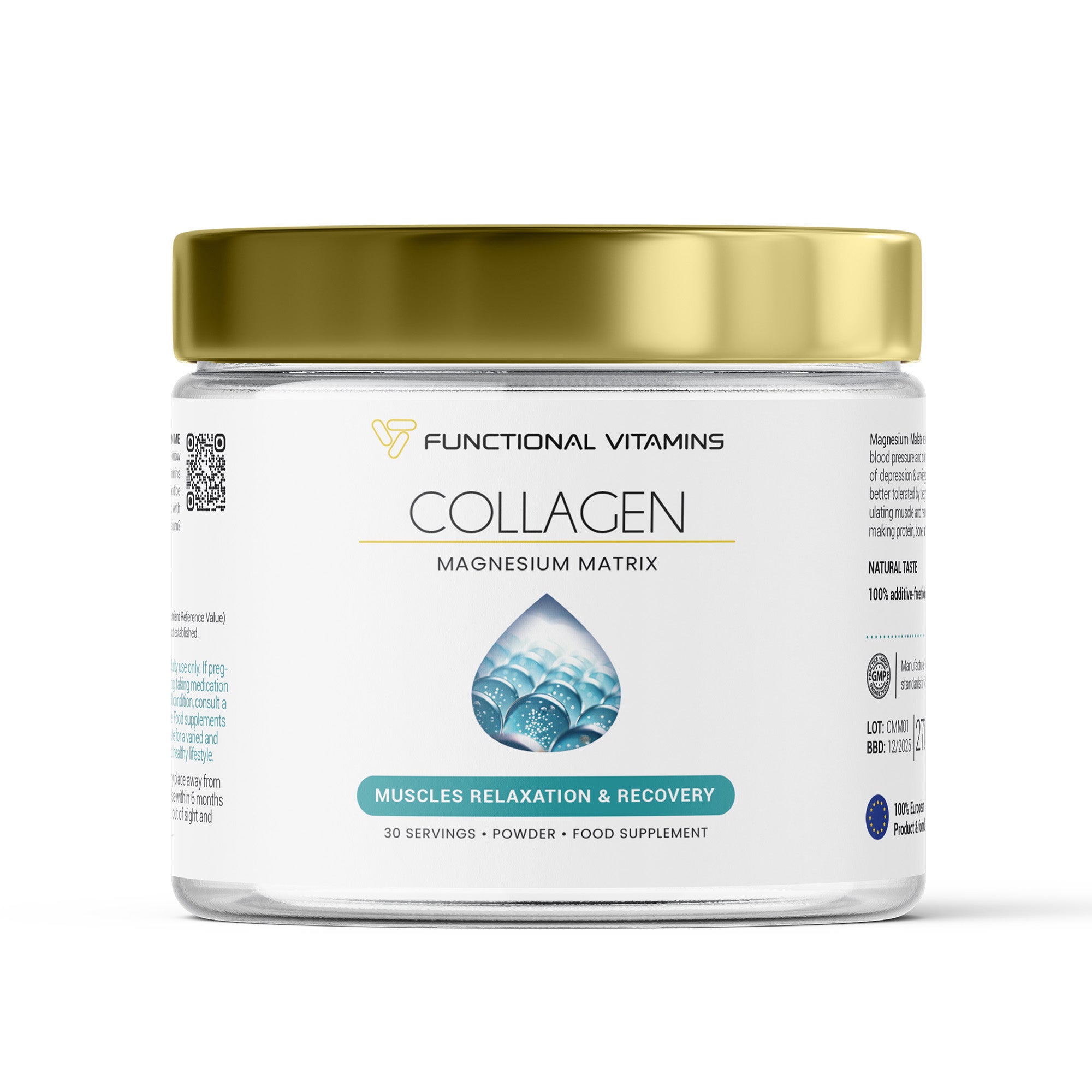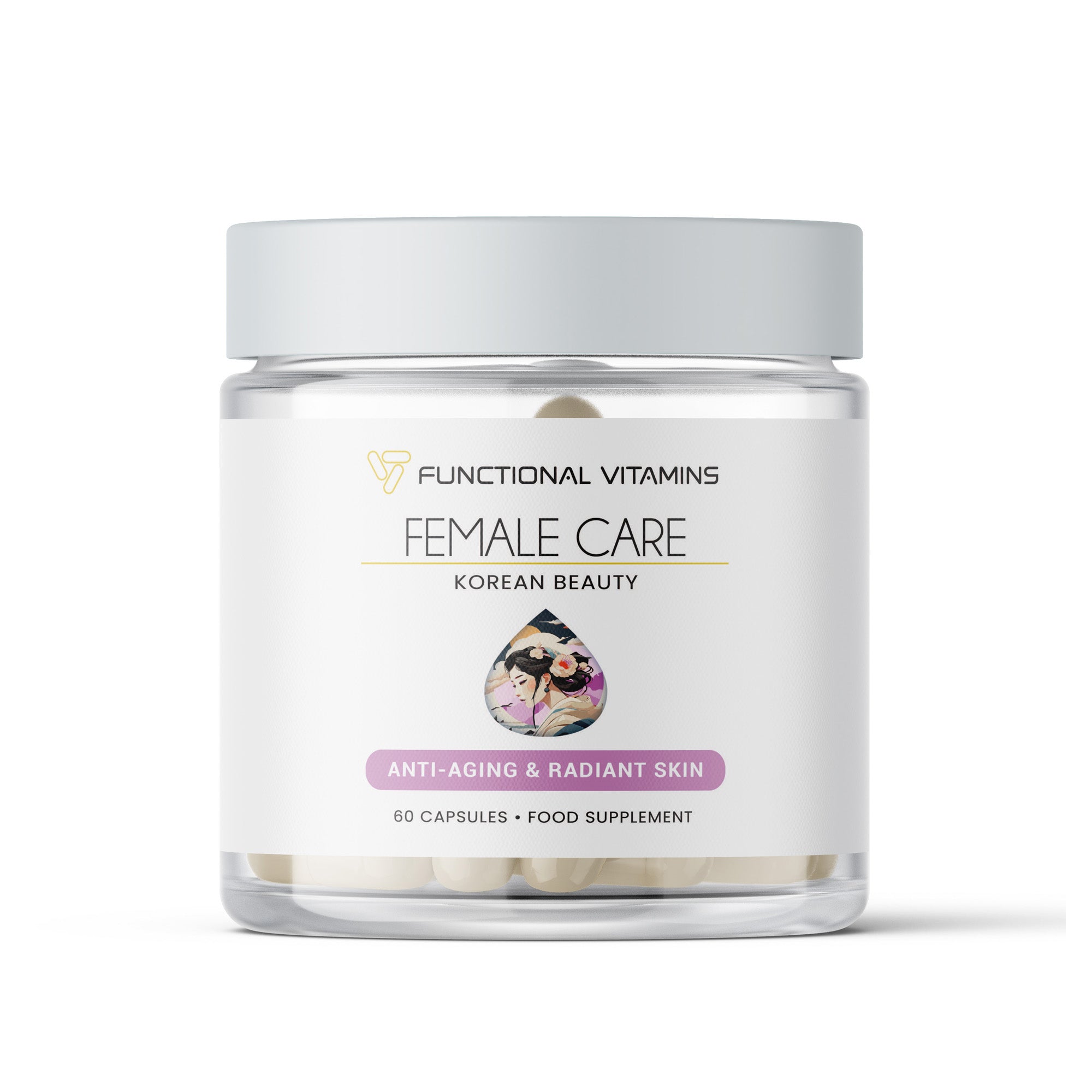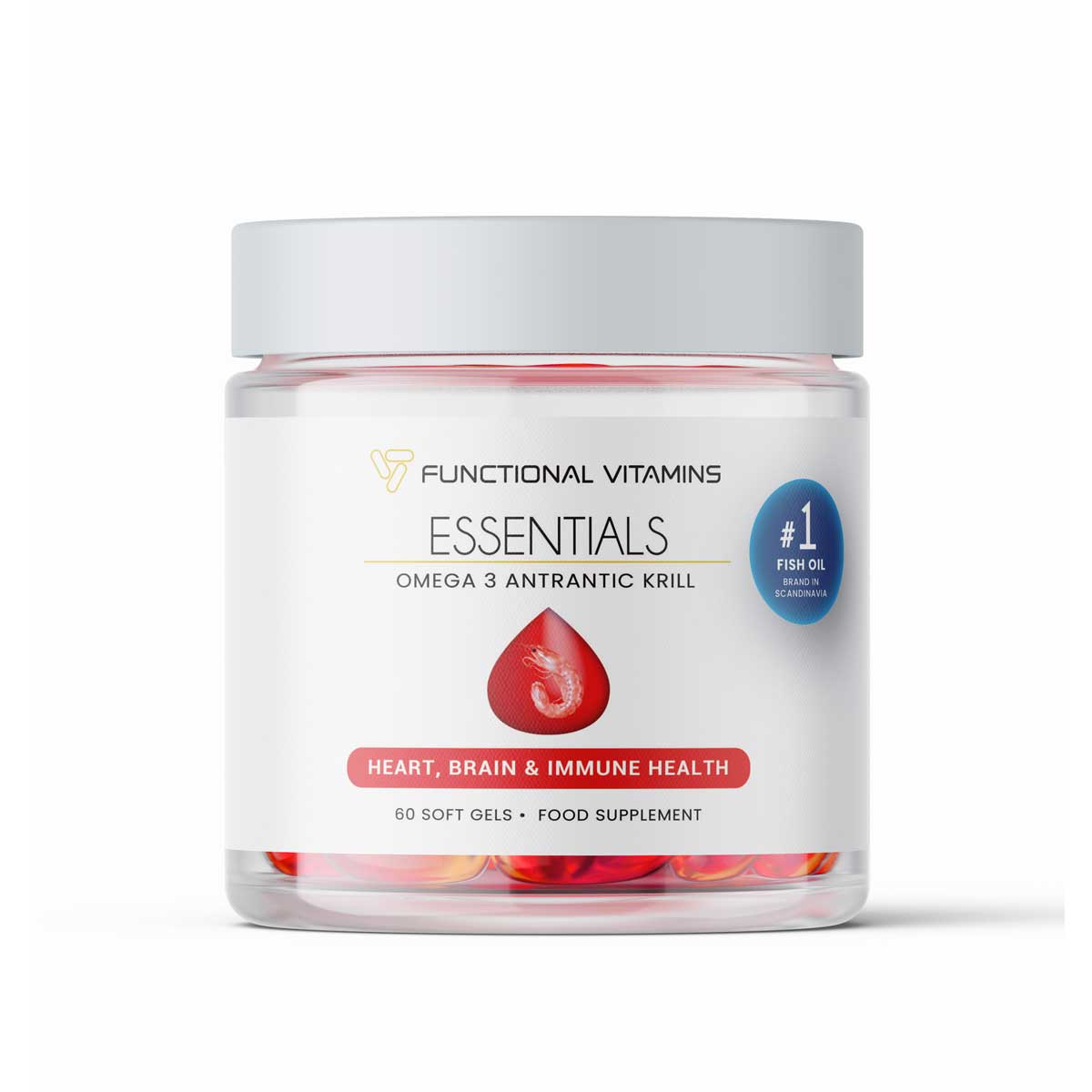Feeling drained from endless hustle and grind? Whether you're pushing your limits at the gym or juggling mental challenges at work, your body and mind need regeneration to perform at their peak. This comprehensive guide will show you how to maximize recovery, boost energy, and perform at 110% with powerful tips for physical, mental, and sleep regeneration. Discover the balance between pushing hard and recovering smart—your performance depends on it.
Introduction: Why Regeneration is Your Secret to Success
Imagine running a marathon without ever stopping to refuel or rest—sounds impossible, right? That's because it is! No matter how determined or disciplined you are, pushing yourself to the limit without taking time to recharge is unsustainable. Whether you're training for a physical goal, working toward a mental one, or just trying to keep up with life, your body and mind need regular periods of regeneration to function optimally.
Regeneration is not just about resting and doing nothing. It’s a dynamic process that repairs tissue, replenishes energy, and builds resilience, allowing you to return stronger, faster, and more focused. In this blog, we’ll take you through the steps of how to optimize your recovery, why it's essential, and the key strategies to help you regenerate like a pro.
1. Why is Regeneration So Important?
Pushing your body and mind without giving them the downtime they need can be compared to overloading a machine—it will eventually break down. Regeneration is the body’s way of recharging, rebuilding tissues, replenishing energy, and reinforcing resilience. Without it, you risk injury, burnout, and diminished performance, both physically and mentally.
For athletes, regeneration helps repair muscle damage and replenish energy stores, while for those in mentally demanding roles, it’s crucial for refreshing cognitive function and reducing stress. Think of regeneration as hitting the reset button—it’s what ensures that you can continue to give 110% every day without running yourself into the ground.
Take-Home Message #1: Without adequate recovery, your body and mind will struggle to maintain peak performance. Make sure to build in regeneration periods to keep functioning at your best.
2. Regeneration After Sports: Your Most Important Training Block
Athletes, whether professional or recreational, are familiar with the idea of pushing themselves to the limit. But did you know that gains don’t happen during the workout? They happen during recovery. Exercise breaks down muscle tissue, and it’s during rest and recovery that your body rebuilds these tissues, making them stronger. That's why proper recovery is just as important as the workout itself.
If you want to optimize your recovery after a workout, here are some key strategies:
-
Prioritize Sleep: Sleep is the body’s most powerful recovery tool. This is when muscle repair happens, and energy stores are replenished. Getting 7-9 hours of restful sleep is essential.
-
Fuel Your Recovery with Nutrition: What you eat after a workout is critical for recovery. Protein helps rebuild muscle fibers, while carbohydrates replenish glycogen stores. Consider a post-workout drink packed with amino acids to enhance recovery.
-
Stay Hydrated: Water is essential for transporting nutrients to cells and removing toxins. Dehydration can impair muscle recovery and increase muscle soreness, so drink plenty of water.
-
Ice Baths and Cold Therapy: Ice baths have been a go-to for professional athletes for years. The cold reduces inflammation and speeds up muscle recovery. Cold showers can also boost circulation and help flush out lactic acid.
-
Saunas: Saunas are the opposite of cold therapy but offer similar benefits. The heat improves circulation and helps relax muscles, making it an excellent recovery tool.
-
Active Recovery: Engaging in low-intensity activities like walking, cycling, or swimming can enhance blood flow, speed up recovery, and reduce soreness.
Take-Home Message #2: Your body grows and strengthens during recovery, not during training. Proper nutrition, hydration, and a good balance of active and passive recovery are essential for rebuilding your strength.
3. Mental Regeneration: Give Your Brain a Break
Just like your body, your mind needs recovery time. If you’re constantly facing high mental demands, your brain's cognitive functions start to decline, and you may experience burnout. The brain’s equivalent to muscle soreness is mental fatigue, a condition that impairs focus, problem-solving skills, and creativity.
Here’s how you can foster mental recovery:
-
Practice Mindfulness and Meditation: Meditation helps to clear your mind and focus on the present. It can reduce stress, improve mental clarity, and enhance your mood.
-
Take Mental Breaks: Whether it’s a quick walk around the block or just a few minutes of deep breathing, mental breaks are critical for preventing burnout.
-
Autogenic Training: This relaxation technique helps calm your mind and body, promoting mental recovery. Studies show that it can reduce stress and improve mental focus.
-
Creative Outlets: Engaging in creative activities like painting, writing, or playing music can help your brain reset. These activities activate different parts of your brain, allowing the overworked areas to rest.
Take-Home Message #3: Just as your body needs physical rest, your mind requires mental breaks. Regularly practicing relaxation techniques will boost your cognitive function and overall mental well-being.
4. Sleep: The Ultimate Regenerator
While rest and relaxation are essential, nothing beats the power of sleep. During deep sleep, your body repairs tissue, builds muscle, and releases hormones that regulate growth and appetite. Quality sleep is especially important for athletes who need to recover from physical exertion.
Here are some tips for optimizing your sleep:
-
Create a Sleep Schedule: Go to bed and wake up at the same time every day to regulate your internal clock.
-
Optimize Your Sleep Environment: Keep your bedroom cool, dark, and quiet. Invest in blackout curtains, earplugs, or a white noise machine if needed.
-
Limit Screen Time: Exposure to blue light from phones, tablets, or computers can interfere with your sleep cycle. Try to avoid screens at least an hour before bed.
-
Mind Your Meals: Avoid large meals, caffeine, and alcohol before bed. These can disrupt sleep or make it harder to fall asleep.
-
Incorporate Supplements: Consider supplements like melatonin or magnesium to support a healthy sleep cycle.
Take-Home Message #4: Sleep is the ultimate tool for recovery. By prioritizing sleep hygiene and creating a relaxing pre-bed routine, you can ensure that your body and mind regenerate effectively.
Conclusion: Regeneration is the Key to Long-Term Success
It’s easy to overlook regeneration, especially when you’re focused on achieving your goals. But remember: pushing hard without taking the time to rest and recover will only get you so far. By incorporating proper regeneration techniques—whether it’s through rest, nutrition, mental breaks, or sleep—you’ll not only prevent burnout but also boost your overall performance.
Don’t wait until you’re running on empty. Take charge of your recovery, and you’ll see improvements not only in your physical strength and endurance but in your mental clarity and overall well-being.
Excerpt: Want to perform at your best—mentally and physically? Discover how strategic regeneration can boost your performance and prevent burnout. This guide covers everything from post-workout recovery to mental relaxation techniques and how to optimize your sleep. Don't just grind—recover smartly!












Leave a comment
This site is protected by hCaptcha and the hCaptcha Privacy Policy and Terms of Service apply.